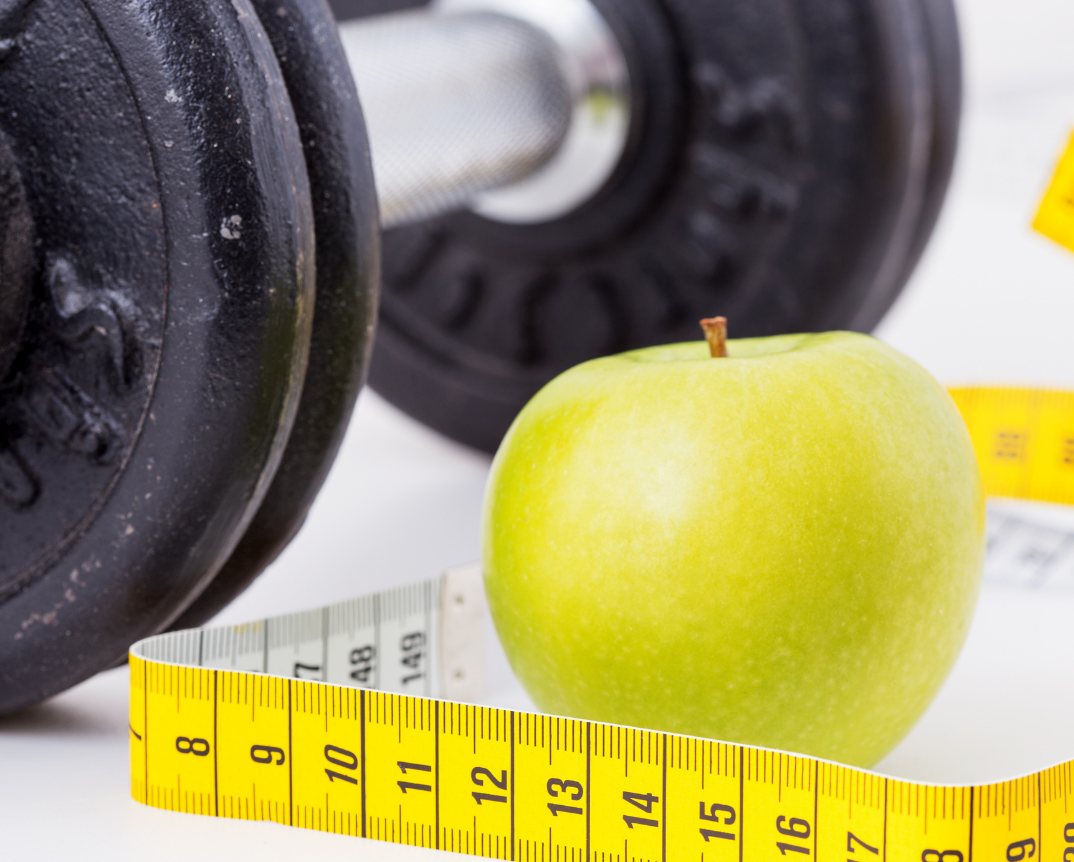Food as Fuel - Optimal Nutrition for Exercise
We can’t be the only ones to occasionally find ourselves at a cafe post-workout, thinking something along the lines of… “Will this double chocolate chip muffin help my body recover?”
Well, the answer to that is yes, technically... But no, not optimally.
It’s not unusual to take a calorie in / calorie out approach when contemplating diet in relation to exercise efforts; i.e. “I did a gym class today so I can have that slice of chocolate cake / scoop of ice cream / cheese scone.” Don’t worry, us too! But you may at times also find yourself considering...
Am I wasting all of my hard work by making less than optimal nutrition choices?
Could I get even more out of my exercise if I made changes to the way I am fueling pre-exercise?
This time, the answers are no... And yes. Any exercise is better than no exercise! No matter what your diet is like, let’s get that straight. However, you can definitely get more from exercise if you start to think about how you’re fueling your body, pre and post-workout.
Why Does Nutrition Matter?
When we start to look at what food choices best support exercise, it’s helpful to know how we produce the energy required to exercise, and also how we repair, build and support our muscular system. This is, of course, what is happening when we get stronger, faster, and fitter!
Exercise in itself requires the utilisation of either fat or glucose for energy. So firstly, we need to consume foods containing these to have these stores available in the first place. Secondly, we need micronutrients (i.e. B vitamins, calcium, magnesium) for our body to do it’s magic trick - that is turning food into a fuel source that the body can use.
The third macronutrient, protein - is important where our muscles are concerned. When we exercise at intensities that challenge us (as we should be from time to time as part of a progressive program!), we actually damage our muscles (check out our article on DOMS for more on this). We need protein to repair and rebuild our muscles - making us stronger overtime. If we don’t take in enough protein, this repair process is impacted.
Putting it into Practice
As simple as nutrition seems, putting it into practice can be confusing! But never fear - here are some basic steps you can take which can have noticeable effects on how your exercise feels, and how you feel after exercise.
Before you exercise:
To ensure you have energy ready to go - eat some form of carbohydrate dense food 1-3 hours before your training. Ideally, you want carbohydrates that are easily digested - for example fruit or bread. Avoid carbohydrate sources that are very high in fibre as these can take longer to digest and are therefore less readily available as an energy source (although we do encourage fibre as part of a well balanced diet!).
After you exercise:
Following exercise, you want to replenish both your carbohydrate and protein stores. Replenishing carbohydrate stores will help prevent the energy crash that some people experience following exercise. Protein intake after exercise, as we discussed above - is important to give your body what it needs to rebuild and repair the muscles.
Try to get your protein and carbohydrates in within 2 hours after exercise. Protein shakes are becoming popular as an efficient way to get these nutrients in, and whole foods such as eggs, dairy products and meats are also great sources of protein.
What about Weight Loss?
In the weight-loss realm, there is an abundance of advice available (albeit questionable at times!) around the best way to structure your nutrition. Whether you’re paleo, vegan, calorie counting, or on Weight Watchers, the above advice stands. No matter your goals, effectively fueling your activity and fueling your recovery is important if you want to make the most out of your exercise sessions. Depriving yourself of the nutrients to refuel might (?) help you to lose weight initially, but are those exercise sessions going to be sustainable if every workout leaves you feeling zapped?
Now that you know how to fuel for exercise and to promote your recovery, see if it makes a difference to your training progression! Can you increase those weights or run that 5km loop any faster?
Author: Tessa NielsenEditor: Yolanda van Vugt
#exercisephysiology #workplacewellness #corporatewellness #wellness #workconditioning #exercisephysiologysydney





